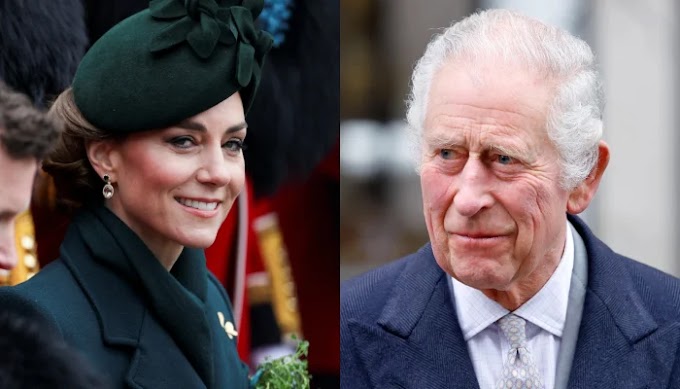The Success of "The Godfather" and Oscar Nominations:
"The Godfather," directed by the legendary Francis Ford Coppola, became a cinematic masterpiece and a cultural phenomenon. Made on a modest budget of $6 million, the 1972 film garnered an impressive 11 Oscar nominations and secured several prestigious awards, including Best Picture, Best Adapted Screenplay, and Best Actor for Marlon Brando. The film also catapulted Al Pacino into the upper echelons of Hollywood stardom through his role as Michael Corleone.
Why Al Pacino Boycotted the 1973 Oscars:
Despite the immense success of "The Godfather," Al Pacino, who was nominated for Best Supporting Actor in the film, stirred controversy by boycotting the 1973 Academy Awards. His decision stemmed from his belief that, despite having a larger role with more screen time than Marlon Brando, he was categorized as a supporting actor. Pacino viewed this as a slight to his reputation and chose to skip the Oscars in protest. He would ultimately win his first Oscar two decades later for his role in "Scent of a Woman."
Al Pacino's Career Choices:
Throughout his illustrious career, Al Pacino has turned down several significant roles, some of which went on to become blockbuster hits. Notably, he declined the role of Han Solo in "Star Wars," citing a lack of full comprehension of the script. This iconic role eventually went to Harrison Ford.
Pacino also passed on roles in Steven Spielberg's "Close Encounters of the Third Kind" and Francis Ford Coppola's "Apocalypse Now." He defended his choices, stating, "Sometimes it's just not the right role for you. You don't feel you belong in that role."
Additionally, Pacino was considered for "Pretty Woman" and "Beverly Hills Cop." Both films, originally conceived as darker narratives in line with Pacino's style, took different directions after he declined. "Beverly Hills Cop" became an action comedy with Eddie Murphy, and "Pretty Woman" evolved into a timeless romance with Richard Gere in the lead.
Al Pacino's career has been marked by his commitment to roles that resonate with him, a dedication that has solidified his status as one of Hollywood's greatest actors.












